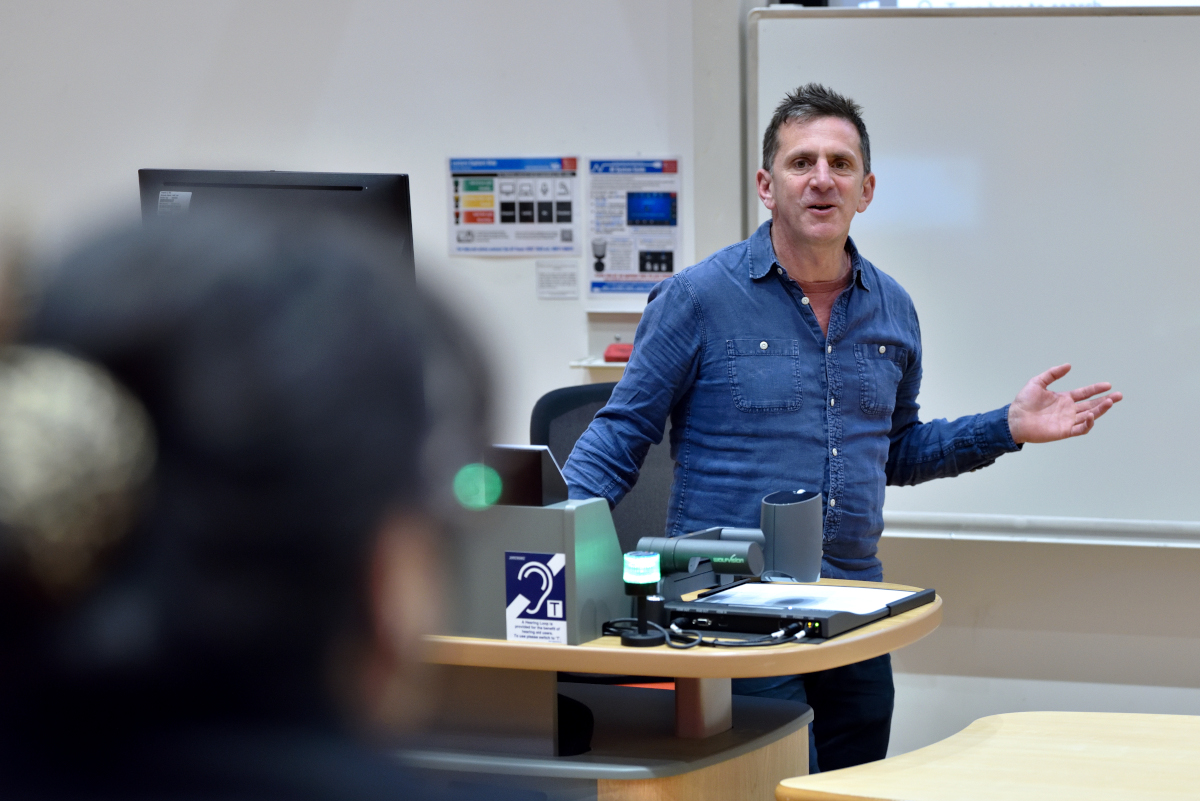Research overview
We are interested in how disruptions to cerebellar connectivity impact the functional development of the brain. The importance of the cerebellum for a whole class of movement disorders, and in particular ataxia, has long been understood. However, its role in cognitive function has only recently been appreciated. This tallies with an emerging body of evidence pointing to the cerebellum as a major site of developmental disruption in ASD. While various experimental mouse models have confirmed the influence of the cerebellar dysgenesis on cortical function, how this takes place is unclear. Our approach is to study the organisation of output nuclei of the cerebellum: how the cerebellum is “plugged” into which CNS. We use a variety of techniques to experimentally manipulate cerebellar nucleus connectivity, working closely with collaborators from the MRC Centre (Albert Basson, Cathy Fernandes) and King’s more broadly (Alessio Delogu, Wohl Institute). Our hypothesis is that disruption to cerebellar connectivity is the key to the origin of a range of developmental disorders.

